It has become de rigueur for groceries to “brand” their meats and candies by repackaging them nicely with a store-branded label. Beware! Don’t judge only by the label. Check the label for a hechsher. Even if has a hechsher, be sure the store is displaying a Kashrus Certification taking responsibility for those labels. Yes, even when buying those ready-to-go Mishloach Manos from a store you trust. Because when you buy without a Kashrus Certificate displaying in the supermarket, you are opening a can of worms in the Jewish community at large. And here is why:
Imagine you are on a business trip in a remote area of China. Suddenly you encounter a massive 10-mile Kosher supermarket. Pleasantly surprised (and hungry) you walk in and find every delicacy, from sushi to rib steaks, all repackaged by the store. The store-printed labels claim to be under a reputable hechsher. But you wonder, who is responsible? In walks Chaim the store owner, the only Jew in a 100-mile radius, and takes responsibility. Will you trust him without knowing him well?
Chaim shows you the hechsher printed on each package. Yeah, a generic label. No kashrus logo. And even if it has a logo, how much is it worth? You can print those by the millions, especially in China. He tells you the name of a Rabbi that supervises. Oh, but how do you know that’s true? He calls up the Mashgiach (supervisor) and hands you the phone. Haha, that’s funny. If you don’t know him or trust him, how can you trust he is calling the right person?
Let’s pretend this same Chaim decides that business is slow in China (no kidding) and moves his store to Brooklyn. He has no Mashgiach (he never did). What will happen? In all likelihood, most people will buy! If the store is Jewish, there’s “a Yarmulka on the store”, then it’s good for you and for me. Few people in our community ask the question: “Who is responsible for the repackaging?” It’s HABITUAL. What everyone does.
The habit of buying store repackaged food has become so ingrained that any Joe Shmoe can take advantage of the lax attitude and chas v’shalom sell treif. To be clear, I am NOT suggesting that this is happening, however, we need to remind ourselves that it can happen. This invokes the infamous kosher scandal in Monsey when a butcher was caught selling non-kosher as kosher. Nearly 10 years later, I still quake about it. In that debacle there were Holocaust survivors that had risked their life during WWII not to eat non-kosher, yet, in the comfort of their home, they were deceived into eating treif.
Many Jewish supermarkets actually do have a mashgiach temidi (permanent supervisor). The store owners are wonderful G-d fearing Jews. You would eat in their homes and trust them more than some Mashgichim. That’s great. However, let’s face it. We are no longer a close-knit community where each consumer knows the cook and the baker. Most consumers are not properly informed in each store as to WHO is responsible for the repackaging. Yet, they still buy because there’s “a Yarmulka on the store”. This is a lax attitude which creates a dangerous habit that spreads across the cities and towns of America. When you patronize this faulty system it can wreak havoc elsewhere. It is fertile ground for an unscrupulous store owner to heaven forbid attempt to sell non-kosher.
And we can prevent it from happening. Yes, we the consumers, more than the Rabbis, can do something. Just ask your store owner to kindly display a Kashrus Certification. The certification should include ALL repackaged items in the entire store including candies and Mishloach Manos. It should also state if there is a mashgiach temidi which should be a requirement for every meat department. The mashgiach should be able to verify every repackaged item on the shelves.
I entered a popular supermarket in Lakewood and asked for the Kashrus Certificate. The manager searched his office but did not find it. He said I’m the first person that ever asked for it. Hear this: If more people will ask to see the certificate, a certificate will soon be on the wall for all to see. That’s what we consumers can do. In this particular Lakewood store the kashrus logo was printed on the labels. That’s an upgrade since a logo may not be used without permission. However, given the generic nature of these labels, it will be an added security to have a Kashrus Certificate on site as well.
If an organization sells repackaged items in Mishloach Manos as a fundraiser, I suggest they include a letter that specifies which individual took responsibility for the kashrus. It will also be nice to mention which hechsher was used for the ingredients. This will make the recipients not only admire the beautiful arrangement but feel comfortable to eat it as well.
So my brothers, beware! Don’t buy ready-made Mishloach Manos without a repackaging hechsher, even if it’s perfect for your Purim theme. Don’t just check the theme, check the Kashrus. Supermarket hashgacha usually does not cover Mishloach Manos unless otherwise stated on the Kashrus Certificate. The problem is, many stores do not even display the certificate. We the consumers deserve more disclosure. Just ask, you’ll get it.
Name withheld upon request.
(YWN World Headquarters – NYC)

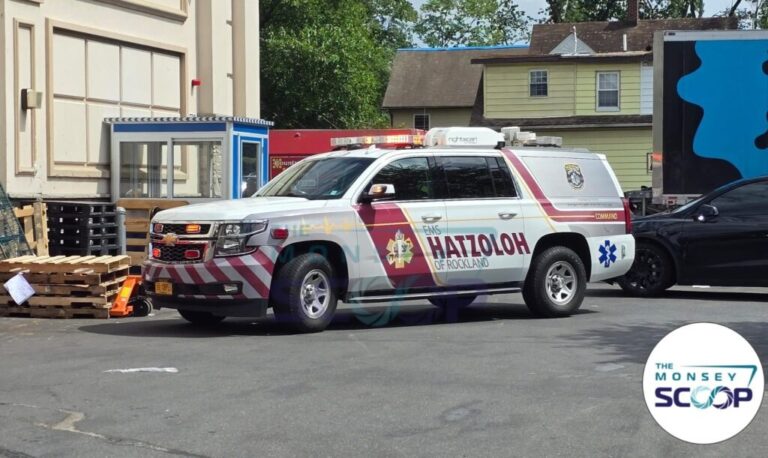

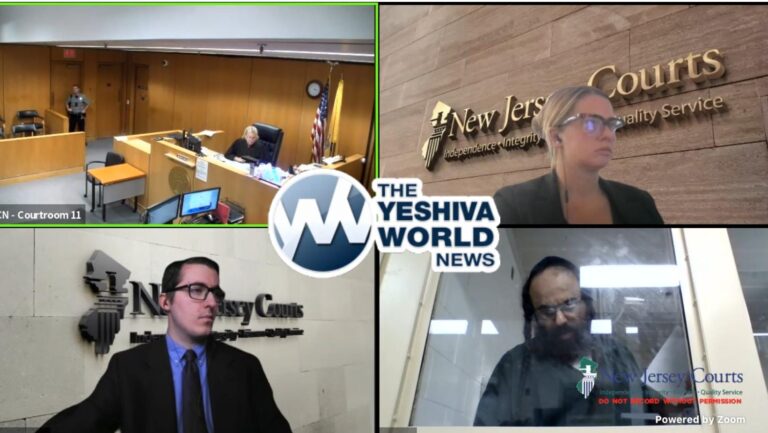

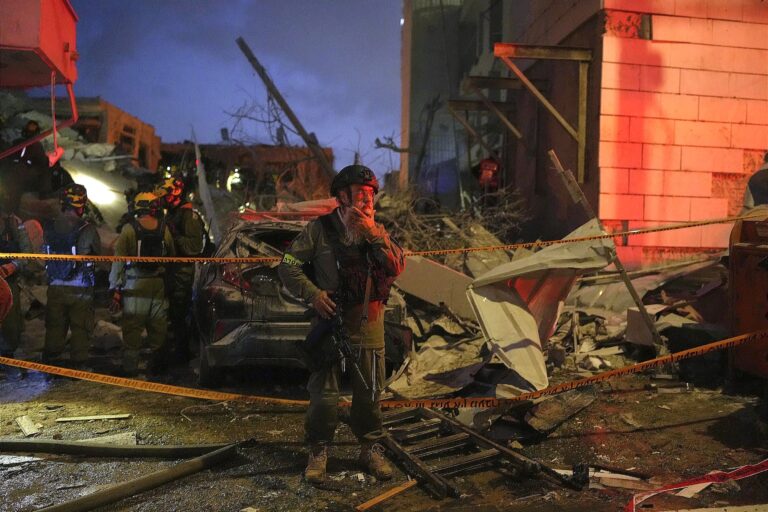
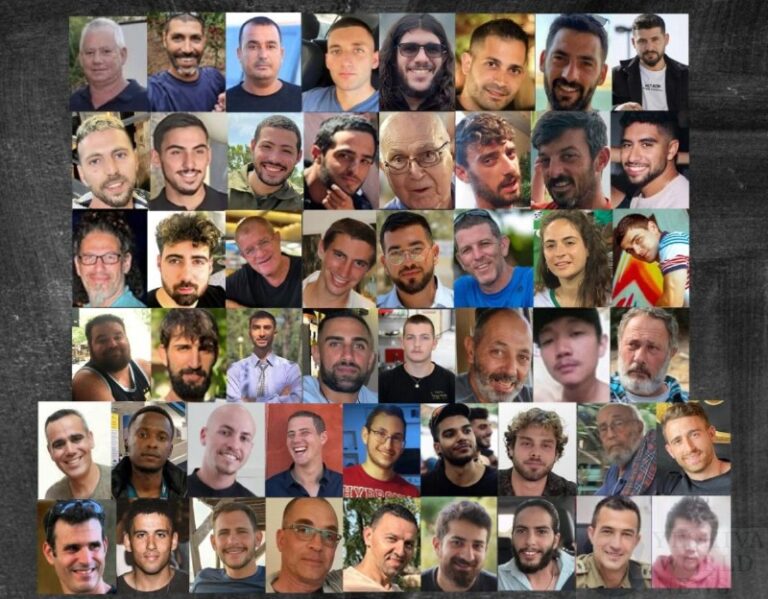

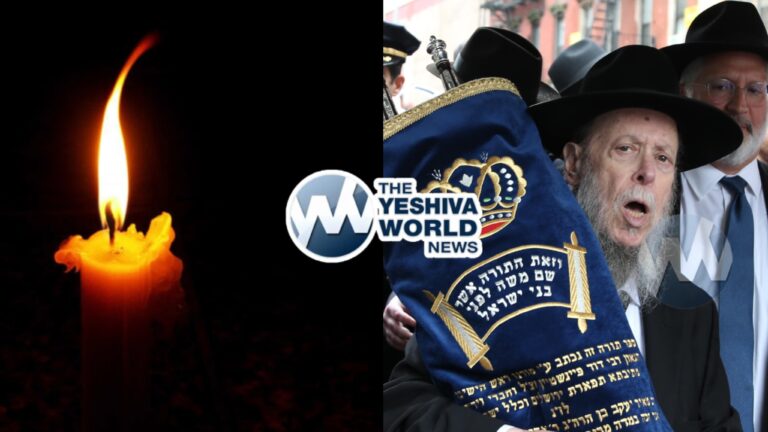

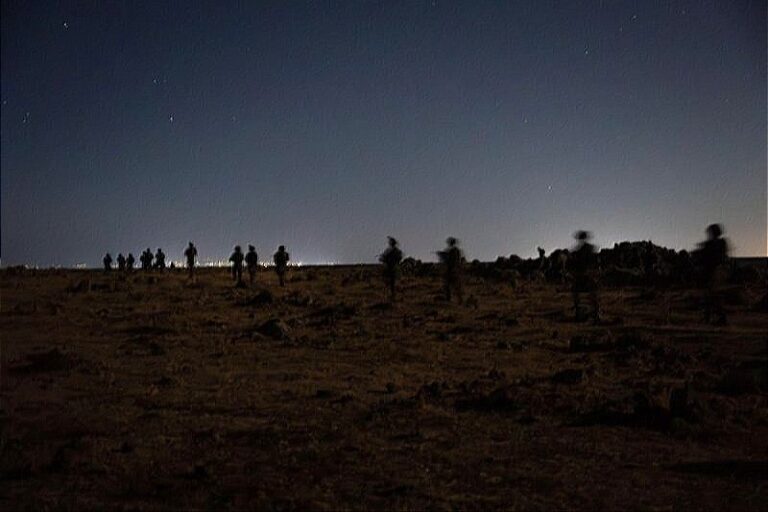
12 Responses
The author loses ALL credibility by me for signing his name, “Name withheld upon request.”
If he was someone with “pleytzirs” he’s put his name there and live with what comes his way.
It’s a shame because he makes some decent points but alas the lack of guts has me rotting cheese in Denmark.
Mark, I submitted this letter. YWN asked me if I want my name published and I replied that I prefer not, however I to not mind if they prefer to. Had I known they would sign “Name withheld upon request”, I would have insisted they mention my name which is Yehuda Tzvi Friedman.
Does that make you feel better? I’m just a simple Jew. However, I did discuss this topic with Rabbanim and they agreed with my points. I urge you please to do the same. 🙂
Mark Levin, is that your real name?
#1 if the points are valid what difference does it make if the author signs his name or not? Usually ערלעכקייט doesn’t come along with so much “Guts”.
Firstly, I agree with Mark Levin on the point of the name being withheld upon request. It’s kind of ironic that the article is about asking for the kashurus papers, find out who the mashgiach is, or inquiring about detailed information about packaged products, but the author of the article is a complete mystery.
I primarily spent the last 20 years of my life in South Florida, so perhaps I can’t relate with the author. When we shop in a kosher supermarket which is under the ORB/KM/other trusted local kashurus agency- we generally buy ANYTHING in those 4 walls. Assuming it is known in the community that the kashurus organization is still covering that supermarket, then I don’t worry about anything privately packaged, meat, dairy, nationally packaged, etc (whether it is Coco Puffs or packaged chicken wings). The same concept goes if I visit a Chicago kosher supermarket under the CrC or a small grocery wholly under the Dallas Vaad. The article would have served a greater good by warning people of buying their Pesach products from a kosher supermarket under a trusted Vaad, with regards to kitniyos (for Ashkenazim).
And… why should I trust the author of this article that he’s not out there to make a Buck or bring down some reputable business. I don’t know the author either, especially since he’s anonymous.
I don’t know about credibility, as claims mark levin, but certainly I had a similar reaction. These are great points you bring up, and I would have honored the points more knowing who made them. if you have no personal ax to grind and have nothing to be afraid of, you should actually be proud to sign your name to this alert.
So – not too late — who are you!!!
HaHa what a good purim joke (the comments). Reminds me of Pharaoh. When Moshe Rabeinu warns him about Makas Bechoros he says K’chatzos. The Gemarah asks what is the Kof – like midnight, why not with a Beis? One way the Gemarah tells us that the Egyptians might not calculate midnight correctly and according to their calculations the בכורים would die a minute or two before or after chatzos that would give them reason to say משה בדאי הוא. After 9 Makos, the tenth also came it was just not when He said it would be (according to them), all בכורים are dying and they have nothing to think about just that it wasn’t Chatzos. Does the author have a good point or do you want to eat whatever you want. In any case I had a good laugh. A Freilichen Purim.
Since the whole store is under supervision that means they have Rabbis from the Vaad checking everything that comes into the store. Ever kosher grocery store, candy store and chocolate store repacks. The Rabbi checks the boxes as they come in. Think about it restaurants repack the raw food to serve their customers. I know of no-one who asks the mashgiach to list the whose meat or vegetables are being served. You may ask if it is Chalev Yisrael but no-one I know asks if it is J&J or Golden Flow.
These fully supervised stores are not like a Shop Rite where there is no full supervision. Your analogy to China with one Jew does not make sense. Did you call the KCL? Many times food is repacked to look nice for party trays. Same is for all take-out. The meat or chicken may have multiple hashgachos and the bread other hashgachos but it all gets the KCL or store supervision.
Would expect a cake to list every hashgachos on the ingredients?
Certainly the author has no experience in hashgachos. Do you think the KCL is not on top of the store? When you buy meat, there are a lot of hashgachos (all of which do add to the per pound cost) and different ones are more prominently displayed depending on the purchasers.
Mr. Simple Jew: maybe you should call the Vaad before you write such letters.
DISCLAIMER: I am a lawyer for a lot of kosher food companies in Lakewood, Brooklyn, the Five Towns and Teaneck.
TGIShabbos, I don’t know any supermarket that is entirely under a Kashrus agency in NY area. I am happy to hear that the out of town places are different, but I challenge you to check it out. Check for a certificate or call up the kashrus agency. You say “it is known in the community”. If that’s what you’re basing it on, that’s a dangerous lax attitude.
Yes, I called the KCL before writing this. I suggest you call them as well so you can be better informed.
To further clarify, the KCL in particular does not certify an entire supermarket. They specifically write on the certificate that only items bearing KCL are included. Not all their stores have the certificate on display and this adds to the ignorance among consumers.
I am NOT claiming there is no supermarket with hashgacha on the entire store, rather that it’s uncommon and consumers must be vigilant.